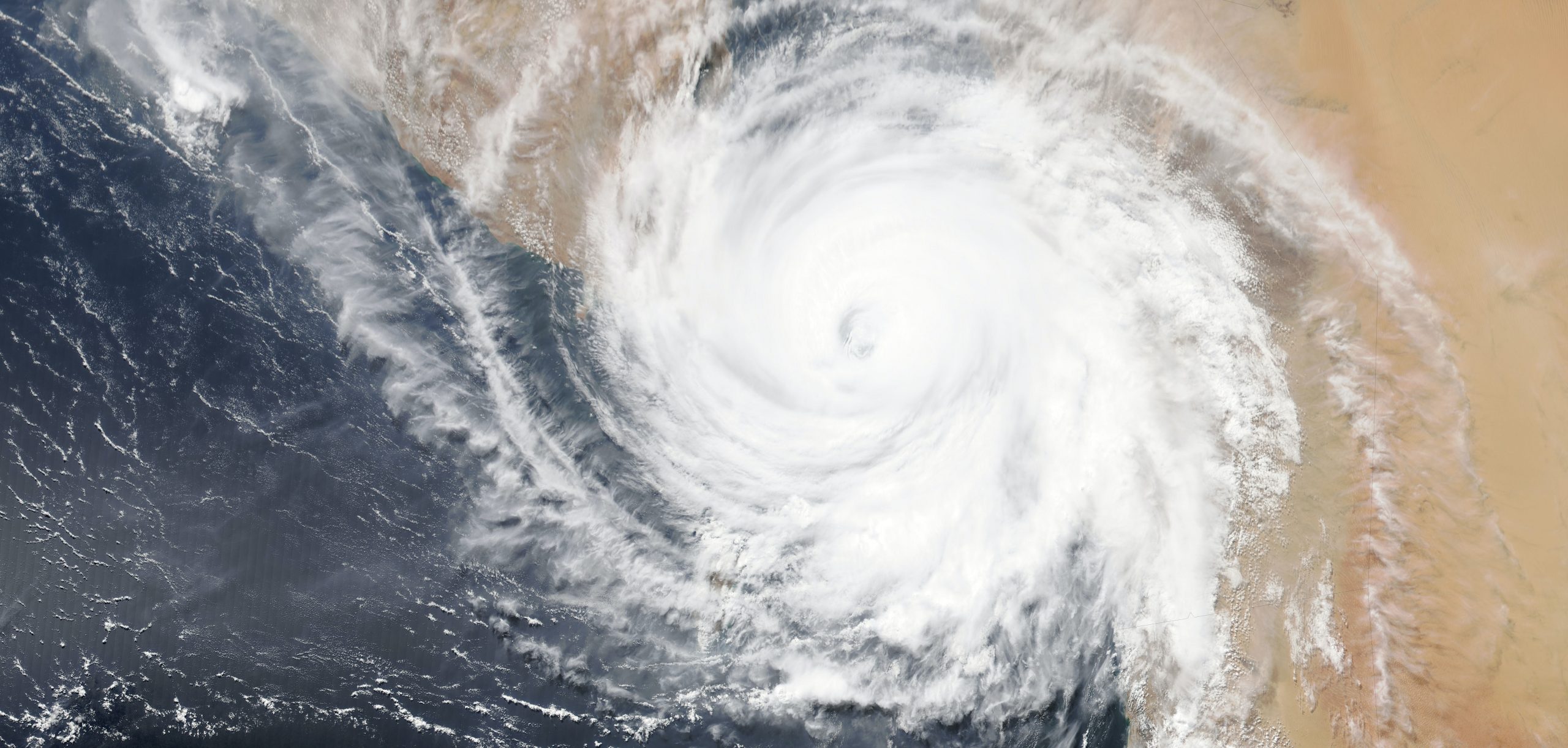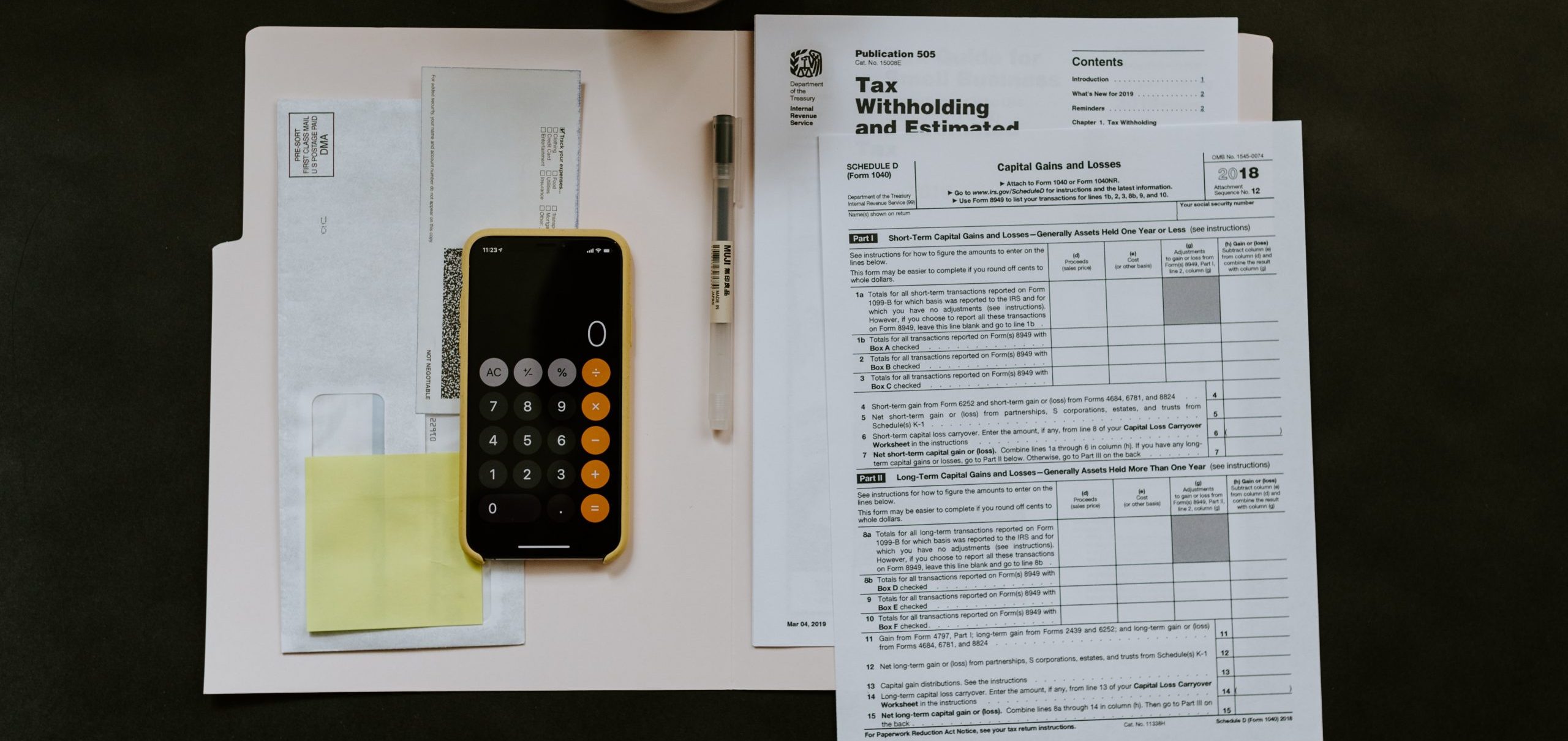Regulations on force majeure events and their application in commercial business activities

Strict performance of the Contract is the obligation of the parties in the contract and is also a statutory principle. However, contracts are not always executed smoothly or perfectly. There are still events that affect the contract performance of the parties. In which there are incidents that are beyond the predictability and control of the parties, and occur through no fault of the parties. When these incidents make a party unable to properly or fully perform its obligations, what will be the issue of liability? In practice, we hear a lot about force majeure events in all areas of life. So what is a force majeure event? How can force majeure events be applied to exclude liability in the contract? In this article, the author mentions the provisions on force majeure events and their application in commercial business activities.
1. Concept of force majeure events
Article 156 of the 2015 Civil Code stipulates: “A force majeure event is an event that occurs objectively, which cannot be foreseen and cannot be remedied, despite the application of all necessary measures and the ability to allow. Objective obstacles are obstacles caused by objective circumstances that make it impossible for persons with civil rights and obligations to know that their lawful rights and interests have been infringed or unable to exercise their rights and obligations. his civil service”.
2. Practical application and some notes when regulating force majeure events in commercial business
Many parties use the provisions of force majeure events to apply in commercial business activities, namely in the Minutes of Agreements, Contracts between two or more parties. This is one of the grounds for waiving liability for a breach of the Contract when one of the events that the parties cannot foresee occurs. However, according to the provisions of law as well as practical activities, the provisions on force majeure events must be agreed upon by both parties in a general and detailed understanding of unforeseen events that exceed control of one or the other parties to the performance of the contract. Events such as wars, riots, floods, epidemics, fires, earthquakes, etc. strikes, sabotage, traffic embargoes, etc., or decisions of competent state agencies, affecting the failure to perform or delay in the performance of contractual obligations of the Company. one or two Parties. The notice period of force majeure events is also recorded in writing by the parties. Within the specified time period, the party affected by the force majeure event must notify the other party. Forms specified by the parties: text, fax, email or phone call. Past the recorded notice period, the parties will not be excluded from liability. In addition to being recorded in writing about the application of the force majeure event, the affected party must also prove that the force majeure event was the direct cause of the breach of contract.
Some notes for businesses in applying the provisions of force majeure events. Before entering into a contract, an enterprise needs to establish a force majeure clause in accordance with its contract. Not all contracts where the force majeure clause applies (For example, donation contract, loan contract). However, many contracts will need force majeure provisions such as contracts for sale, construction, and service provision. If your contract requires a force majeure clause, how should the force majeure clause be drafted? Note that the list of force majeure events listed in the contract is also very important, it may include situations that are unfavorable to you. For example, “tide tide” is also a reason for force majeure? In the terms of force majeure, have there been provisions on notification obligation, contract extension period, consequences of force majeure or not?
When the contract has been concluded and the enterprise’s case satisfies the statutory conditions on force majeure, the customer needs to clearly understand his rights and obligations. For example, the obligation to notify, to extend the contract, etc. Is there any chance that the contract will continue to be performed by extension or by a third party?
If the enterprise’s case does not satisfy the force majeure condition, it is necessary to consider whether it is eligible to apply Article 420 of the Civil Code to request contract renegotiation or contract termination.
Above is Khoa Tin‘s advice on force majeure events and its application in commercial business activities.
In case customers have unclear issues or need to discuss further, please call us immediately at 0983.533.005 for a free consultation.
Best regards./.
Latest news










